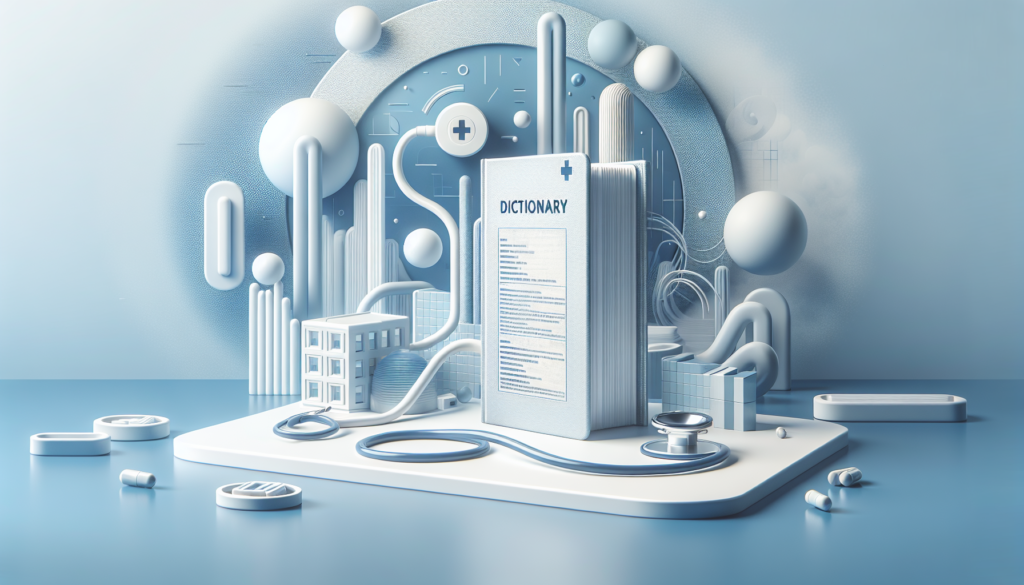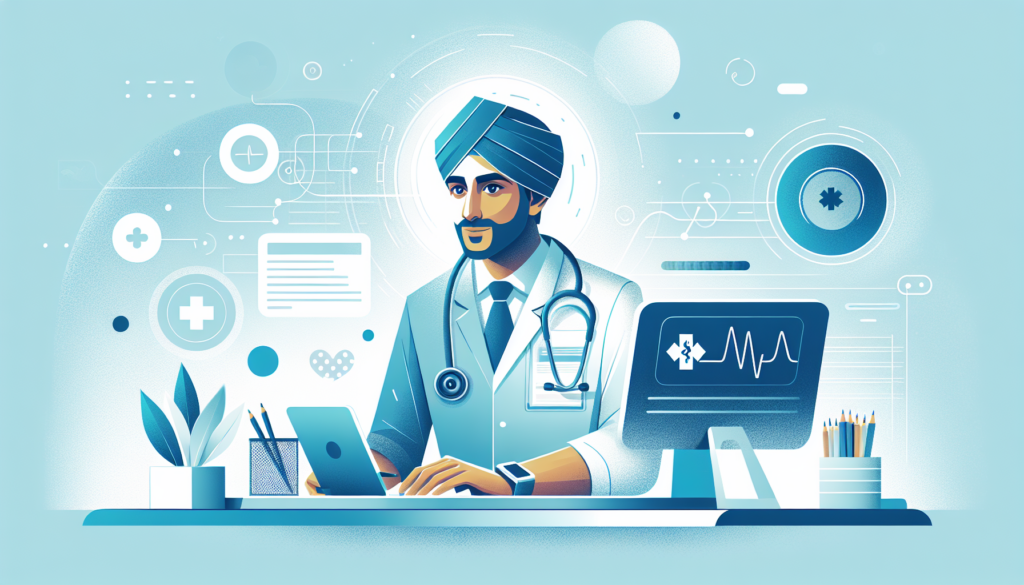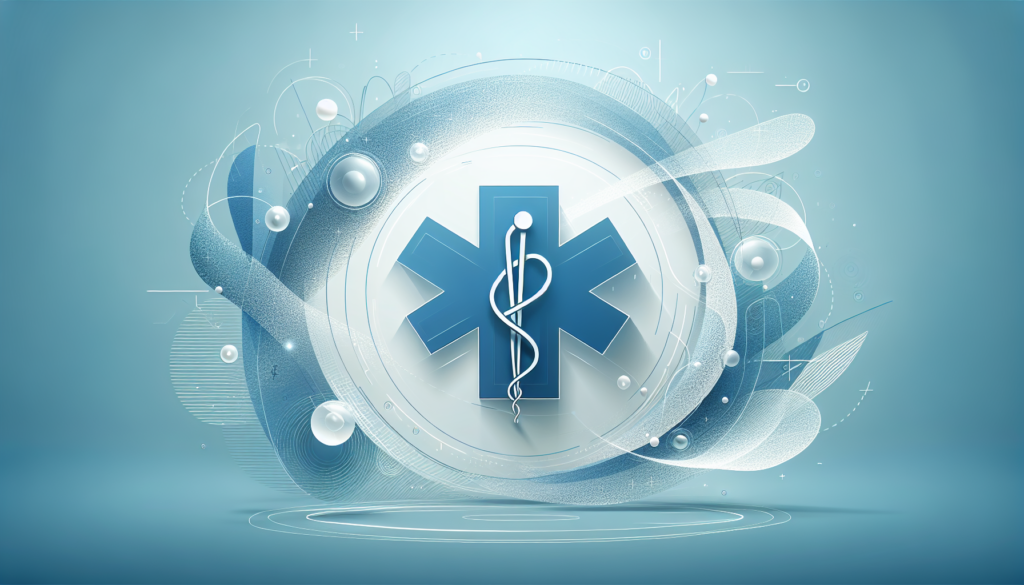The Evolution of the Doctor Dictionary Book
The medical profession has long been underpinned by a rich lexicon, the specificity of which is integral to effective patient care. In the nascent stages of medicine, this specialized vocabulary was meticulously cataloged in what would be known to many as the “Doctor Dictionary Books.” These collections served as the cornerstone for medical communication, condensing complex terminologies and descriptions into comprehensive compendia for practitioners. Initially hand-scribed and later mass-produced, their primary value lay in standardizing the language across the field, ensuring consistency in the diagnosis and treatment of patients.
As medicine evolved with the surge of technological advancements, so too did the tools it employed. Printed dictionaries were soon accompanied by their digital counterparts, providing seamless access to updated medical terms and conditions. These electronic medical dictionaries brought forth the ability to rapidly search and cross-reference information, effectively minimizing the delays in accessing crucial data. This transformation not only streamlined medical professionals’ workflow but also tailored it to accommodate the dynamic nature of healthcare vocabulary that expands with each medical breakthrough.
- Comprehensive compendia evolution: From hand-scribbled notes to printed books
- Enhancement of medical communication through standardized language
- Introduction of digital medical dictionaries for efficient reference
- Dynamic updating of terms to keep pace with medical innovations
The influence of digitalization has not only revolutionized the accessibility of information but also the interconnectedness of medical terminologies worldwide. With the advent of the internet, global collaboration amongst healthcare professionals has been bolstered. This interconnectedness fosters a universal doctor dictionary, constantly informed and revised by a broad consortium of medical experts. The modern physician now has at their disposal an exhaustive, regularly updated database that encompasses medical terms from various languages and regions, breaking down geographical and linguistic barriers that once impeded medical practice.
In conclusion, the digital transformation of the doctor dictionary has been pivotal, not just as an educational resource, but also as a gateway that facilitates real-time, global medical discourse. The ongoing evolution of this critical reference material underscores a commitment to accuracy and efficiency in patient care, symbolizing a steadfast link between medical heritage and the relentless pursuit of innovation.
- Global collaboration and knowledge sharing via internet platforms
- Creation of a universal doctor dictionary that transcends linguistic barriers
- Commitment to accuracy and efficiency in the medical field
Optimizing Medical Vocabulary: The Role of AI
The medical field is characterized by a complex and ever-evolving lexicon, where precision and accuracy in terminology are paramount. Artificial Intelligence (AI) stands as a pivotal tool in streamlining the medical vocabulary for various applications, including documentation, diagnostics, and patient communication. AI systems, like the one embodied by Scribemd.ai, are adept at understanding context, deciphering jargon, and translating medical speech into accurate, concise, and understandable text. This optimization process is crucial for maintaining clarity and consistency across electronic health records (EHRs), enhancing the quality of patient care, and reducing the likelihood of errors arising from misinterpretation.
Central to the role of AI in optimizing medical vocabulary is its ability to adapt and learn from diverse data sources, including vast corpuses of medical literature, patient records, and clinical guidelines. By harnessing Natural Language Processing (NLP) techniques, AI platforms can determine the semantic meaning behind complex medical phrases, ensuring that terminology is updated and relevant. Consequently, healthcare professionals are equipped with the following advantages:
– A reduction in the time required to manually update and verify medical terminology databases.
– Enhanced capability to keep pace with the introduction of new terms and treatment protocols.
– Improved interoperability between different healthcare systems through standardized vocabulary.
With AI’s support, medical notes are not only more accurate but also more accessible to all stakeholders in the healthcare system. For instance, AI-fueled applications can translate medical notes into patient-friendly language, creating an environment where patient engagement and education are prioritized. Moreover, AI’s role in medical vocabulary optimization extends beyond linguistic precision; it encompasses the nuances of cultural competence, tailoring medical documentation to reflect inclusivity and respect for diversity in patient populations. Such advancements contribute to a healthcare ecosystem that is more inclusive, better informed, and above all, more human-centered while ensuring the integrity of medical documentation.
Furthermore, the synergy between AI and medical professionals fosters an environment where clinicians can direct more attention toward patient care rather than administrative tasks. Health practitioners who leverage AI-driven platforms not only elevate the efficiency of their practice but also enjoy a diminished administrative burden. AI thus plays an instrumental role in enabling healthcare providers to remain up-to-date with the latest medical terminology without compromising the time and attention devoted to their patients, significantly benefiting the provider-patient dynamic. This seamless integration of technology into medical practice is a testament to AI’s transformative impact on the healthcare industry.
From Physical to Digital: The Modern Doctor’s Dictionary
In the transition from physical to digital, the modern medical landscape has seen a revolutionary shift in its approach to data management and communication. The archetypical doctor’s dictionary, once a hefty tome brimming with medical terminology, has now transcended its ink-and-paper confines, morphing into a dynamic digital vocabulary at the practitioner’s fingertips. This evolution signifies more than just convenience; it heralds a transformative modality of delivering healthcare, where the integration of sophisticated technology like AI-powered digital scribes enables medical professionals to navigate the complexities of patient care with enhanced precision and speed.
Central to this seismic shift is the digital lexicon’s ability to be continually updated, offering real-time access to the latest medical jargon, drug databases, and procedural syntaxes. Gone are the days of thumbing through pages for reference; now a quick search can yield comprehensive information that’s both current and accurate. This readily accessible knowledge supports doctors in making informed decisions more rapidly, optimizing patient outcomes in ways previously unachievable. The digital dictionary is not merely a repository of terms; it has become an integrated tool for learning, diagnosis, and treatment, emblematic of the forward march in medical innovation.
– Traditional vs. Digital Documentation:
– Traditional: Paper-based, static information, space-consuming.
– Digital: Easily updated, interactive, space-efficient.
– Patient Care Optimization with Digital Tools:
– Faster access to information.
– Rapid decision-making.
– Continual educational resource.
The implications of this digital revolution on clinical workflows are profound. Electronic Health Records (EHRs) and digital libraries dovetail neatly with decision support systems, creating an ecosystem where all medical information is interconnected. This holistic approach not only enhances the quality of documentation but also ensures a smoother continuum of care. Doctors can pull up a patient’s entire medical history with a click, cross-reference symptoms with potential diagnoses, and consult pharmacological data within minutes, all within the same digital interface.
Moreover, as this digital dictionary grows, so does its intelligent functionality. Advanced protocols integrate with language processing, allowing systems to learn and adapt to the unique lexicon of each medical specialty. AI-generated insights contribute to the ongoing refinement of patient care strategies, presenting both opportunities and challenges in the standardization of terminologies across diverse healthcare settings. This is the crux of modern medicine’s narrative: a constant pursuit of innovation to provide the highest standard of care, with digital vocabulary being the protagonist in this unfolding story.
– Advancements in Intelligent Functionality:
– Integration with language processing models.
– AI-generated insights adapting to medical specialties.
– Unified Medical Communication:
– Standardization of terminologies across healthcare.
– Enhanced continuity of care through interconnected systems.
How Scribemd.ai Is Redefining the Doctor Dictionary Book
In the age of digital healthcare transformation, the conventional notion of a ‘doctor dictionary book’ — a comprehensive lexicon of medical terms and notations — is undergoing a significant evolution. Scribemd.ai is at the forefront of this change, innovating the way medical professionals interact with medical language and documentation. With its advanced artificial intelligence (AI), Scribemd.ai acts not just as a passive repository of terms but as an active, intuitive assistant that deciphers and documents complex medical dialogue in real time.
Think of the classic doctor dictionary book as a static reference, necessitating manual search and cross-referencing. In contrast, Scribemd.ai reimagines this tool as a dynamic, adaptive, and interactive service. It handles the vast lexicon of medical language with ease, providing definitions, synonyms, and context for medical terminology just as a traditional dictionary would, but with the added benefits of AI-powered speed and accuracy. This positions Scribemd.ai as a quintessential upgrade to the conventional resource, tailored for the modern healthcare landscape.
- Interactive AI: Understands and responds to medical language in context
- Real-time Documentation: Transforms spoken dialogue into accurate medical notes
- Advanced Search Capabilities: Quick and precise retrieval of medical terms and information
For healthcare providers, the convenience factor introduced by Scribemd.ai cannot be overstated. Where once time had to be allocated to manual note-taking and referencing, Scribemd.ai now offers a simultaneous listening and documentation feature, turning speech into text without missing the nuances of medical discussions. This is perhaps Scribemd.ai’s most profound departure from the traditional dictionary — it is both a reference and a scribe, freeing up practitioners to focus wholly on their patient’s needs.
Furthermore, as the healthcare landscape continues to expand with new diseases, treatments, and medical technologies, the dictionary must evolve. Scribemd.ai excels in this domain by continuously updating its database through machine learning, ensuring that practitioners have access to the most current medical vocabulary and information available. This evolving knowledge base, automatically integrated into the scribing process, makes Scribemd.ai an essential tool for modern medical professions that aspire to efficiency and accuracy in patient care.
- Continual Learning: Constant updates to medical terminology and treatments
- Efficient Patient Care: Allows doctors to focus on patient interaction rather than note-taking
- Accuracy: Up-to-date medical knowledge ensures precise documentation
Selecting the Right Doctor Dictionary Book for Your Practice
Embarking on the quest to find the perfect doctor dictionary book for your medical practice necessitates a thorough understanding of your needs. A dictionary serves not just as a reference guide, but as a quick-access companion to medical terminology that you will encounter daily. Consequently, the criteria of selection should hinge on factors such as the book’s comprehensiveness, ease of use, and the scope of medical disciplines it covers. It’s essential for the chosen dictionary to be current, reflecting the latest medical terminologies and treatments, thus ensuring that your practice is up-to-date with modern medical language.
Beyond its content, the practicality of the dictionary’s format warrants consideration. In the throes of a busy clinic, time is a precious commodity. Hence, a dictionary that allows for swift navigation—be it through thumb-indexing, a logical layout, or perhaps an accompanying digital version that can be accessed on various devices—is invaluable. Moreover, durability becomes a non-negotiable element, as the book will likely be subjected to frequent use. A hardcover edition or one with a robust binding would be advisable to withstand the rigors of daily consultation.
- Comprehensiveness of medical terms
- Currency of medical information
- User-friendly navigation
- Format and durability
- Scope covering various medical disciplines
While contemplating on these practical aspects, it is also indispensable to reflect on the philosophical alignment of the dictionary with your practice. Does the dictionary embrace a broad range of medical ideologies, including traditional, holistic, and emerging fields of medicine? It’s also prudent to consider if the dictionary provides sufficient illustrations, diagrams, and usage examples that can aid in the understanding of complex concepts, especially if teaching is a component of your practice’s mission. Lastly, peer reviews and endorsements by medical professionals provide an additional layer of credibility and assurance in the selection process.
- Alignment with medical ideologies
- Inclusion of illustrations and usage examples
- Peer reviews and professional endorsements



